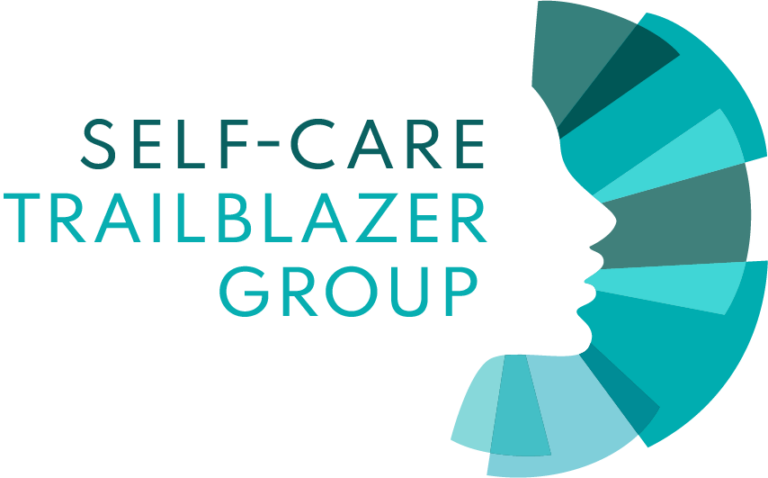This year’s Self-Care Trailblazers Annual Member Summit focused on highlighting advancements in self-care at the global, national and subnational level amidst reduced funding and rising opposition. The work of civil society and NGO partners is vital to protecting self-care SRHR policies and mitigating opposition. At this year’s summit, NGO partners from Ethiopia, Uganda and Francophone Africa shared their successes, challenges and insights , emphasizing the importance of coalition-building in furthering self-care policies.
Dr. Nega from the Ethiopian Society of Obstetricians and Gynecologists shared lessons on self-managed abortion, highlighting the revision of the restrictive abortion law this year to encompass termination of pregnancy as a result of incest or rape, in cases where continuation of pregnancy endangers the life or mental health of the mother or the child due to deformity or incurable anomalies. These revisions have resulted in significant improvements in access to safe abortion and improved quality of services, leading to significant reduction in the contribution of abortion to maternal deaths from approximately a third to less than 5%. Following the abortion law revision, in collaboration with key stakeholders, technical and procedural guidelines were published in 2023 for the self-management of abortion for women under 10 weeks of gestational age. Women can consult with healthcare providers to determine gestational age, receive counseling and accurate information on self-medication administration as well as identification and management of complications; receive accurate information through digital health services and hotlines, avail quality assured medicines such as misoprostol and pain medications, and receive referrals to health care providers and health facilities following complications.
While Ethiopia is seeing improved access to quality service in comprehensive abortion care and reductions in maternal mortality related to abortion, it is not without challenges, with opposition groups leading misinformation campaigns. However, there is strong commitment from the government and SRH stakeholders to address misinformation. Success factors contributing to the alignment updates in the guidelines and quality of abortion care are collaboration and coordination between government and stakeholders, a dedicated Technical Working Group, and self-care networks that regularly meet to monitor progress and share updates. Finally, government ownership and commitment are essential to endorse SMA guidelines and implementation, and having the Ministry of Health in the driver’s seat has been one of the main success factor for SMA gains in Ethiopia.
Dr. Beniel Agossou from Centre ODAS, presented key lessons from self-managed abortion in francophone Africa. ODAS has been working to develop a community of practice to pool resources to guarantee access to safe abortion and access to quality assured information products. Misinformation and myths regarding self-managed abortion are rife and spread by opposition groups. People often confuse clandestine abortions and self-managed abortion, and even if legislation allows for self-managed abortion or WHO has recognized SMA as a self-care service, people are scared to access SMA. Additionally, SMA is often not shared as a viable option and girls are not able to locate or access these services or products. The community of practice convened by ODAS has identified 2 main objectives to support SMA : the first is to amplify communications to the public that SMA is a safe, scientifically proven option, and the second is to improve access to SMA services by reinforcing cooperation between various organizations. People need to feel safe when they practice SMA, and it is important to create links between the self-management actors and the more traditional health services and ensure the quality of the SMA products.
In the final country presentation, Dr Fatia Kiyange the Executive Director from CEHURD Uganda, shared experiences of using regional platforms to advocate for self-care, and successes in advocating for the inclusion of self-care in NEAPACOH commitments. In Uganda country-level advocacy has led to a comprehensive and integrated approach for self-care, with the national guidelines not only covering SRHR but also extending to NCDs, mental health, adolescent health, and care for older persons. Building on country successes, there is a need to pay much more attention to institutionalizing self-care at the regional level.
NEAPACOH is a growing network of parliamentary committees on health in Africa providing an accountability platform which reviews regional commitments on health and identifies regional priorities for action by legislators, policy makers and CSOs – aimed at solutions to attain UHC. By identifying and seizing advocacy opportunities, CEHURD’s advocacy during the latest NEAPACOH annual convening in Dar es Salaam resulted in members of parliament voting on the institutionalization of self-care approaches, a huge achievement and first step towards a regional movement on self-care.
Fatia shared key elements of the advocacy approach, beginning at the country level. The approach relies on continuous sensitization of members of parliament, creating champions of self-care, organizing in-country meetings ahead of the regional NEAPACOH convening, engaging with members of parliament on progress for previous commitments and advocating for new commitments.
In this era of funding cuts, advocacy requires positioning of self-care as a cost-effective and sustainable approach for improving health outcomes and as a solution to the existing challenges in healthcare systems that all governments are currently seeking to mitigate. Additionally, we must continue working to clarify definitions of self-care and increase awareness, in order to mitigate opposition.
